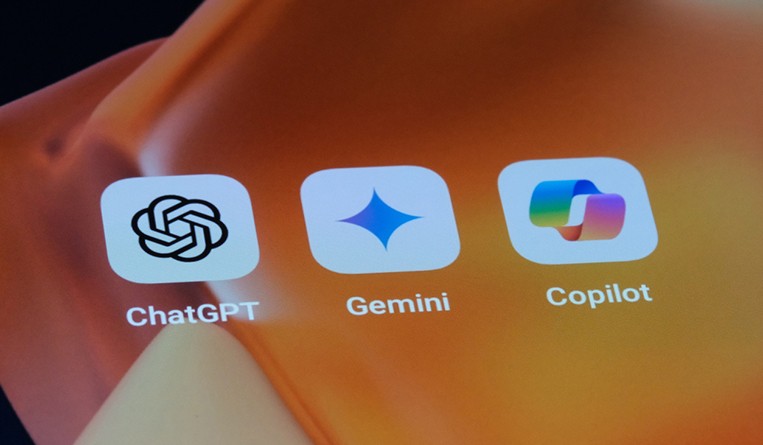China ranked first, filing 38,210 patents related to generative artificial intelligence (GenAI) from 2014 to 2023, according to recent data from the United Nations World Intellectual Property Organization (WIPO). The country significantly outperforms global rivals, with the U.S. in second place with only 6,276 GenAI patents.
Generative AI is a subset of AI that focuses on machines and algorithms capable of generating new content autonomously, and it can potentially transform many economic sectors, such as science, publishing, transportation, security and telecommunications.
With the growing popularity of tools like OpenAI’s ChatGPT sparking a surge of interest in the technology, concerns also escalated – ranging from threats to the creative industry to a wave of deepfakes. With AI tools now part of human creation, a new consideration for IP protection has emerged amidst the rapid increase of AI-related patents and infringements.
In November 2023, Chinese courts ruled on the eligibility of AI-generated content for copyright protection in Beijing, raising questions about whether AI-generated images can be classified as “works” and how to determine authorship.
According to Yongwen Wang, founding partner of Johnson IP and Guangdong Fair Law Firm in Shenzhen, the term “GenAI” was uncommon in China before 2023. Patents related to AI were more focused on deep learning and deep neural networks as part of machine learning.
“I do not think all GenAI patents filed are GenAI,” said Wang. He explained that many patents filed under GenAI in China might differ from the public’s understanding of GenAI. He added that while China excels in software algorithms in the AI sector, it is lacking in hardware processing.
The Chinese government is actively promoting the development and use of AI, which has contributed to the country’s patent surge. This is further supported by the country’s global competitiveness and cultural shift towards innovation. Notably, companies and institutions, such as Tencent, Ping An Insurance, Baidu, Alibaba and ByteDance, are dominating the field of GenAI. At the 2024 World AI Conference held this July in Shanghai, China also released the Shanghai Declaration on Global AI Governance, the first governance guideline for AI, calling on other countries to work together to enact it.
“The disadvantage is that key technology patents, such as hardware chips and core algorithms, are mainly in the hands of the U.S. and Europe,” said Juan Sun, a lawyer at Shanghai Digtech Law Firm in Shenzhen. She added that the rapid adoption of GenAI tools poses significant legal risks, including IP issues. She also explained that one of the challenges companies face when dealing with GenAI patents is rights attribution and conflicts in legal concepts.
“Whether the invention generated by artificial intelligence should be granted a patent is in conflict with the traditional legal concept, which is mainly reflected in the concept of patent law and system elements about ‘inventor’ and ‘object of patent authorization,’” said Sun.
According to a WIPO Magazine article published in 2019, “People have claimed to have secured patents for AI-generated inventions since at least the 1980s, but no one has ever disclosed an AI’s role in such a patent application. Patent offices will not generally object to self-reported inventorship; some of the earliest applicants for AI-generated inventions say their attorneys advised them to list themselves as inventors.”
There is almost no law or regulation on AI-generated inventions. Most jurisdictions require patent applications to disclose an inventor who is a natural person to protect and acknowledge the rights of human inventors.
Additionally, jurisdictions vary in their acceptance and enforcement of patents involving AI, making it crucial for companies to understand both domestic and international patent laws.
- Cathy Li







